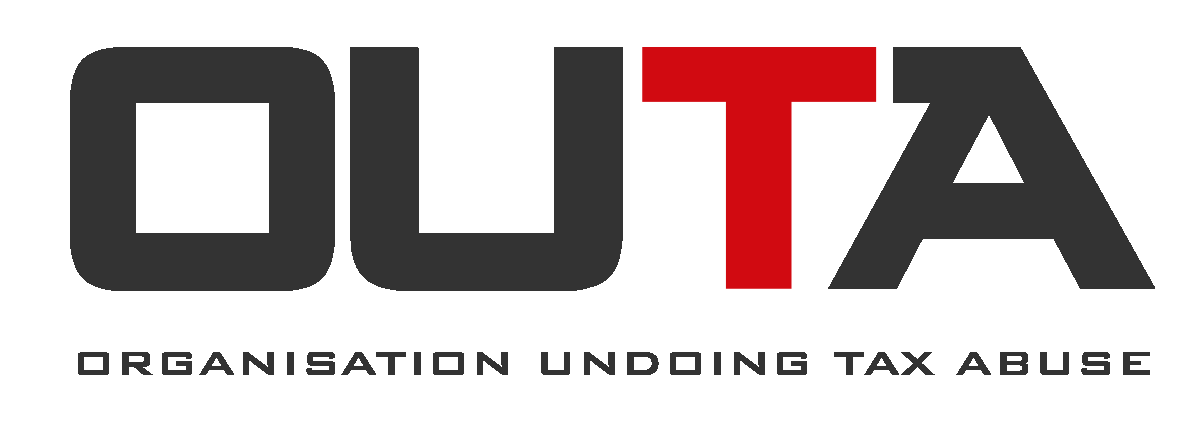Poor municipal budgeting needs to be punished – OUTA
Municipalities need to rethink raising revenues, the regulations governing the process as well as greater accountability and consequence management on how money is spent.
There seems to be a tendency among municipalities to budget for income they know they won’t get. This creates false expectations in communities over service delivery and sets municipalities up for failure, yet councils don’t seem to care and approve it regardless.
This is but one of the shocking findings according to National Treasury. Another worrying trend is the detached and well above inflation increases imposed on consumers by mostly ill performing and dysfunctional municipalities across the country. “This is clearly showing in worryingly low municipal revenue collection data and rising household non-payment,” says Jonathan Erasmus, OUTA’s Project Manager for its Community Action Network (CAN) Initiative.
Erasmus reacted to a recently published report by National Treasury. The report, covering the period of July to September 2023, is meant as a management tool and early warning system for councils and was published in terms of Section 71 of the Municipal Finance Management Act (MFMA).
According to Section 71, accounting officers of each municipality is required to account for the municipality’s financial health once a quarter.
Treasury found that municipal collection rates stood at a staggeringly low 56.1% as opposed to the budgeted 83.1% collection anticipated for the period under review.
In the report Treasury stated that the “economic slowdown and substantial increases associated with Eskom bulk purchases are directly impacting on affordability and subsequently the ability of consumers to pay for services”.
Treasury further stated that the “underperformance of actual collections against billed revenue holds a significant risk for the liquidity position of most municipalities as the planned expenditure is based on a higher performance level”.
Erasmus said while an aggressive collection campaign by each municipality could be waged against defaulters in the short to medium term, this alone will not fix the problem over the long term.
“Instead, municipalities need to rethink the way they raise revenues, as well as regulations governing the process and more accountability and consequence management when it comes to the spending or misspending of revenues.”
Erasmus says municipalities across the country have for years completely disregarded the need for any meaningful public participation where real concerns about affordability have been raised. “Instead, municipalities and bulk service providers such as Eskom and the various water boards have implemented price increases sometimes more than double the consumer price index. These multi-year increases are now weighing heavily on ratepayers and residents who are further constrained by a shrinking economy and fewer economic prospects.”
If the collection status quo were to remain through the second, third and fourth quarter, it could lead to a collective shortfall of approximately R200-billion with a direct result being most noticeably on service delivery.
According to Erasmus, the City of Johannesburg was a clear example of the type of arrogance that has led to a dire under-collection. The City of Joburg have rammed through a slew of controversial levies from electricity to sanitation and a general valuations roll raising individual property rates by over 37% in some instances, and denying a lot of objections in the process.
“It is of little surprise that the metro is owed the most by households in Johannesburg, with a total outstanding debt of R50.8 billion. This is simply a result of the City’s bullying and uncaring attitude. You cannot raise the cost of living without any regard for the realities on the ground and expect people to simply keep on paying.”
The Treasury report found that the metro collection average was a pitiful 53.7% as opposed to the anticipated 87.8%, and that the metros were owed R144 billion in outstanding debt with households accounting for R108.1 billion (or 75.1%) of that debt.
Among the country’s 19 secondary cities, an amount of R57.6 billion or 86.4% of all debt owed to secondary municipalities has been outstanding for more than 90 days, the majority of which is from households.
“Until Johannesburg and other municipalities engage properly with residents, we are unfortunately entering into a financial death spiral,” says Erasmus.
More information
A soundclip by OUTA’s Project Manager for its Community Action Network (CAN) Initiative, Jonathan Erasmus is here.
Corruption is always in Season
In fact, state funds are probably being siphoned into a corrupt officialʼs bank account as youʼre reading this media release.
As a concerned citizen, your donation will be used to hold the corrupt accountable for their actions and make tomorrow one less day of your taxes being misused.
Join us in working towards a better South Africa by becoming a paying OUTA supporter.
We want to see South Africa’s tax revenue used for the benefit of all, not a greedy few.
Any amount welcome.
